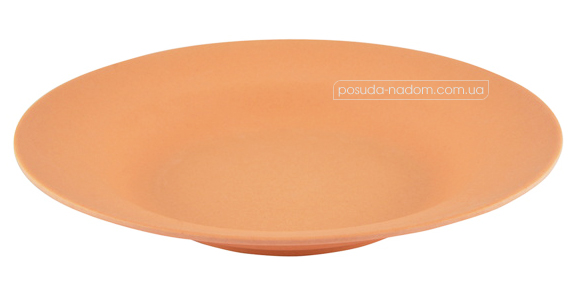Alright, if you're familiar with buying and selling stocks, think of options as a step beyond that, giving you more strategic ways to potentially profit from stock movements without actually owning the stock.
Here's a simple breakdown:
1. **What are Options?**
An option is a contract that gives you the right (but not the obligation) to buy or sell a stock at a specific price, known as the **strike price**, before a certain date, known as the **expiration date**. There are two main types of options: calls and puts.
2. **Call Options**:
- When you **buy** a call option, you're getting the right to **buy** a stock at a certain price (the strike price) before the option expires.
- When you **sell** a call option, you're giving someone else that right, and you might be obligated to sell them the stock at that price if they decide to exercise the option.
3. **Put Options**:
- When you **buy** a put option, you're getting the right to **sell** a stock at a certain price (the strike price) before the option expires.
- When you **sell** a put option, you're giving someone else that right, and you might be obligated to buy the stock from them at that price if they decide to exercise.
4. **Why Trade Options?**
- **Leverage**: Options allow you to control a larger amount of stock for a fraction of the price. This can amplify both gains and losses.
- **Versatility**: You can use options for various strategies - to speculate on price movements, hedge against potential losses, or generate income.
- **Protection**: Buying put options can serve as insurance for stocks you own. If the stock price drops, the value of your put option may increase, offsetting the loss in the stock.
5. **Premium**:
- This is the cost to buy an option. If you're selling an option, it's the amount you receive.
- The premium is determined by various factors, including the stock's current price, the strike price, time until expiration, and stock volatility.
6. **Exercising**:
- If you decide to use the right you have from an option (like buying the stock at the strike price for a call), you are exercising the option.
7. **Expiration**:
- Options don't last forever. They have an expiration date. If you don't exercise an option by its expiration date, it becomes worthless.
To summarize, options trading offers more flexibility than just buying and selling stocks. You can bet on stock prices going up or down, hedge against losses, or generate additional income. But, with increased potential rewards come increased risks. It's essential to understand these risks and strategies thoroughly before diving into options trading.
 Інтернет-магазин посуду
11 років успішної роботи для Вас!
Інтернет-магазин посуду
11 років успішної роботи для Вас!
 14 днів на повернення без запитань *
14 днів на повернення без запитань *  12 років досвіду, консультанти не роботи
12 років досвіду, консультанти не роботи








